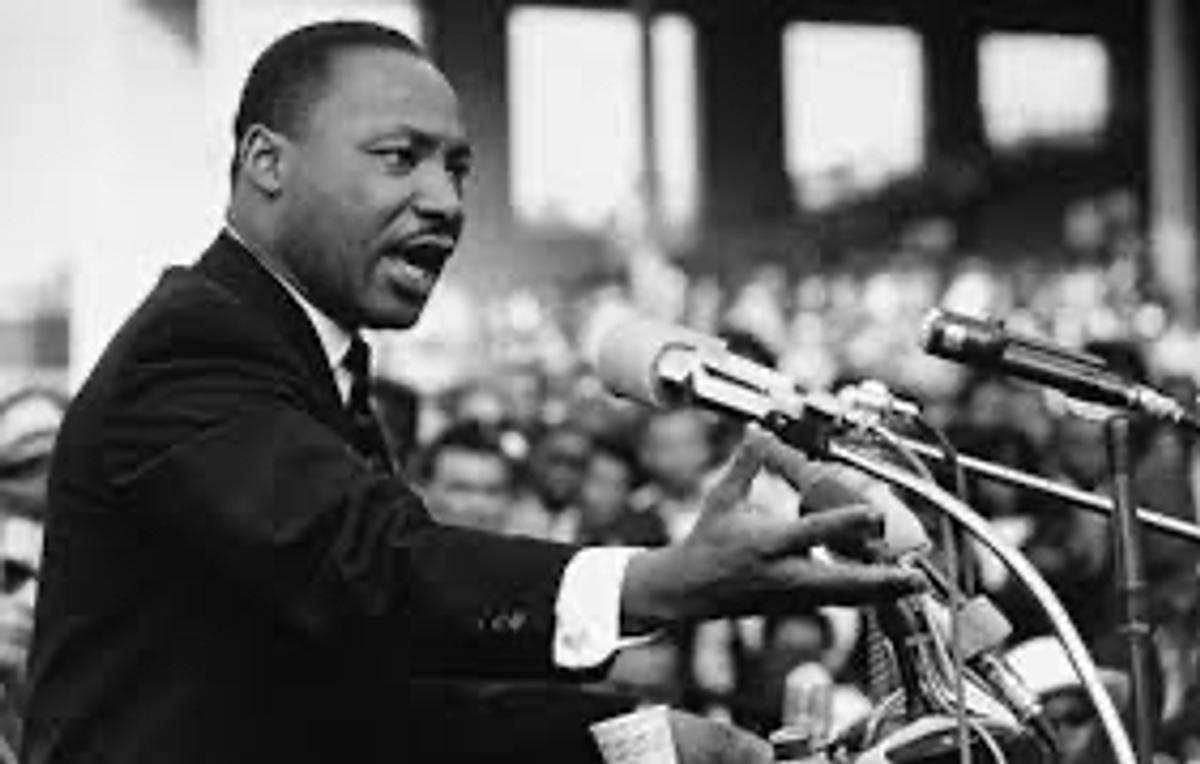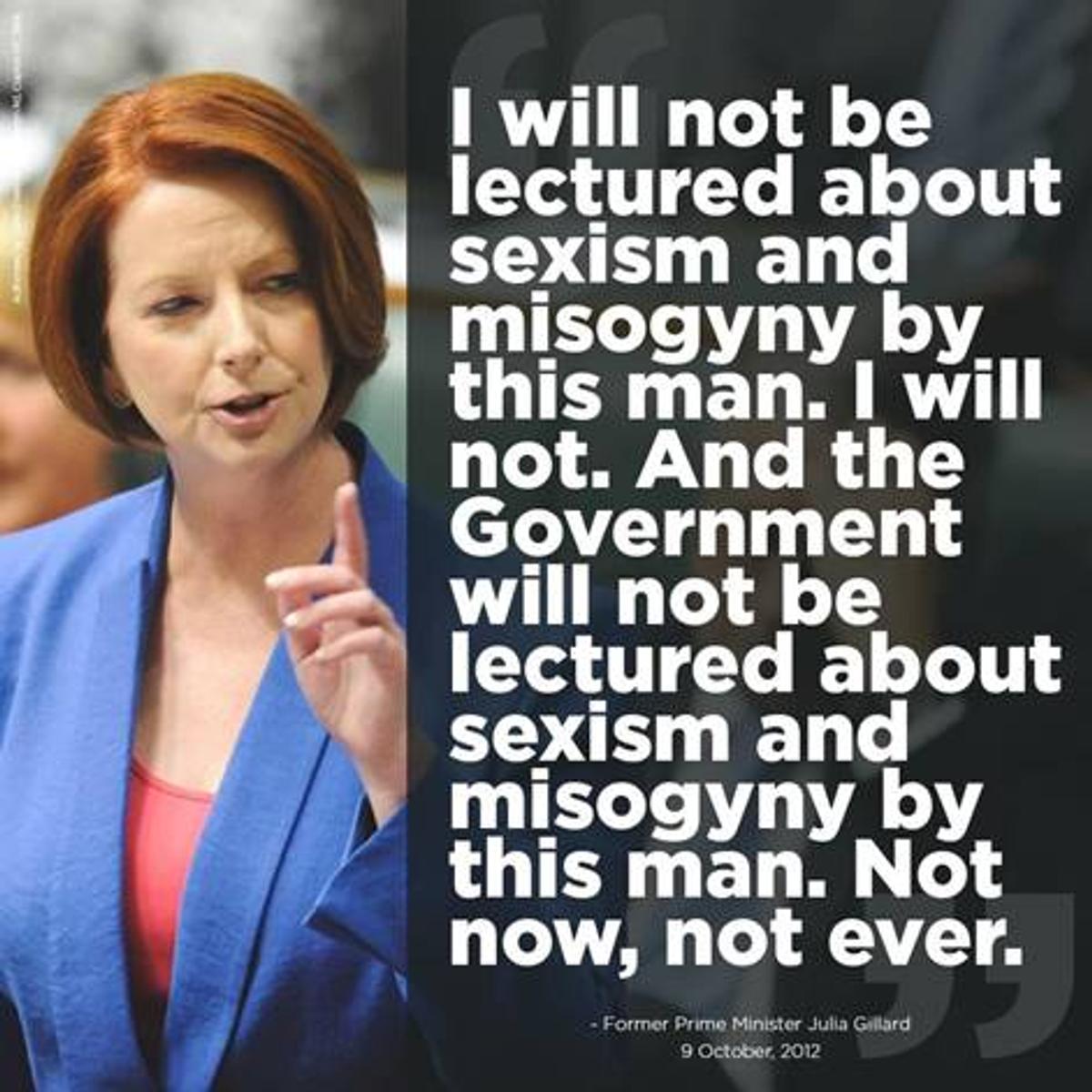From the Principal
Dr Andrew Parry

From the Principal
Dr Andrew Parry
We have such a strong reputation for the exemplary quality of our HSC major works and this is evidenced year after year by the significant number of HSC NESA nominations we receive for excellence.
Right across the board in every faculty our TAS, Visual Arts, Industrial Arts, Music and Drama students produce exceptional works. Throughout the Term we have had the opportunity to attend fabulous exhibitions and performances showcasing the exceptional skill, dedication and creativity of our Year 12 students. Each year I am immensely impressed by the talents of our students.
Such works of consistent excellence are only possible due to the outstanding skill, commitment and care of our inspiring staff. Their immense dedication and desire for every student to achieve their very best is why we are one of the best performing schools in these areas in NSW.
To Mr Orme-Smith, Ms Youll, Ms Dunkley, Mr Lun, Ms Shields and their amazing teams of passionate educators, thank you for all you do for our students.
It was fabulous to see so many students and members of our community supporting these events and for them to observe what exceptional standards of excellence can be achieved through application, hard work and a desire to produce your best.
Thank you also to our talented hospitality students who prepared and served many delicious delights at several of these events, and to a number of our boy boarding community who assisted in the set-up and packing up of some of the exhibitions.
The Power of Words
I would like to take a moment to reflect upon something that affects all of us—something we use every day, often without thinking about their incredible power.
I wish to consider the words and language we use.
Words are more than just tools for communication; they have the power to shape our relationships, build or break trust, and create a stronger community—or divide us.
We’ve all experienced how words can make us feel.
A kind word from a friend can brighten our day, while a hurtful comment can linger for a long time.
But beyond the personal, words have the power to unite or divide communities, to inspire or to bring down.
Words have the Power to Build or Destroy
Throughout history, we’ve seen how words can be used for good or for ill.
Think about the speeches of great leaders like Dr Martin Luther King, who inspired a nation, the United States, to move toward racial equality.


In his most famous speech, regarded as one of the great speeches in History, his words of hope and justice—“I have a dream”—rallied millions to believe in the possibility of a better future.
His words built bridges and brought people together in the pursuit of justice and a more inclusive and respectful society.
Another powerful example closer to home is Julia Gillard’s speech in 2012, when as our Prime Minister, she addressed Parliament in response to the sexist attitudes of the then Opposition Leader, Tony Abbott. Known as the ‘misogyny speech’, it resonated far beyond the parliamentary chamber because of the strength and clarity of Gillard’s words.


She did not shout or insult – she simply used sharp direct language to expose the prejudice she had faced.
Her words gave voice to the frustration of countless women who had experienced similar treatment, and they inspired a global conversation about sexism in politics and society.
Her speech showed us that language, when delivered with conviction and honesty, can shift debates, challenge injustice and empower others to speak up.
But words can also be destructive. History offers many painful examples of this.
Adolf Hitler’s propaganda during World War II spread hatred and division, contributing to one of the darkest periods in human history.


His words incited violence, prejudice, and fear, causing unimaginable suffering.
These examples remind us that words are not neutral; they carry weight, and we must be mindful of how we use them.
Words in Our Community
In our school community, the words you choose have the same power. We can use words to build up our friendships and strengthen the sense of unity here, or we can use them to tear people down, exclude others, or spread negativity.
Every time we speak, we have a choice—to contribute positively to the lives of those around you, or to create hurt and division.
When we encourage someone, compliment their efforts, or simply offer a kind word, we are strengthening the bonds of friendship.
We are contributing to a school culture where everyone feels valued and supported.
In contrast, when we gossip, insult, or exclude others with our words, we create an environment where people feel isolated and less confident.
The ripple effects of this can be significant.
Using Words Wisely
So, how can we be more mindful of the words we use?
It starts with pausing before we speak or post online.
Ask yourself: …….Is what I’m about to say true?..... Is it kind?....... Is it necessary?
These simple questions can make a big difference in how we communicate and the impact our words have on others.
Another way to use words positively is through active listening.
Sometimes, the most powerful words are the ones that come after we have truly listened to someone’s concerns or ideas.
When people feel heard, they feel valued, and that strengthens our community.
Building a Stronger Community
Our school is a place where we aim to support one another, where everyone should feel like they belong.
Being respectful and inclusive are two of our School’s core values.
Our words play a crucial role in making that vision a reality. By choosing our words carefully—by using them to affirm, encourage, and include others—we are helping to create a stronger, more cohesive community.
Let’s all commit to being mindful of the impact our words have.
Let’s use them to uplift, to build, and to create a community that we are all proud to be a part of.
Thank you to those who have already completed our School Feedback Survey, conducted by MMG Education. If you have not yet done so, there is still time — the survey remains open for a fortnight.
Parents should look for an email from MMG Education (sent on Friday 29 August) which contains your secure link to the questionnaire. Please check your inbox and junk folder if you have not yet seen it.
If still no email is found, please contact MMG Education on (02) 9369 1449 or mmgresearch@mmgedu.com.au and MMG will arrange for another invitation to be sent.
This survey is an important part of our commitment to continuous improvement, giving parents, students and staff the opportunity to provide meaningful feedback across all areas of school life.
To ensure confidentiality and encourage honest feedback:
Your feedback is invaluable in helping us refine and strengthen the Kinross Wolaroi School experience for every student.
Did you know that Independent schools’ contribution to the Australian economy is similar to the entire Gold Coast?
A new national report shows that Independent schools generated $45.7 billion for the economy in 2023-24 and saved governments more than $12.5 billion.
That means families choosing an Independent school aren’t just investing in their child’s future; they’re supporting jobs, regional development, and easing the burden on public education.
In NSW, Independent schools contributed $14.9 billion in economic activity and provided 33,760 full-time equivalent jobs - that’s more than Telstra or Qantas nationally. They also supported a further 43,182 jobs in flow-on employment AND saved taxpayers $4.92 billion in school operating and construction costs.
Kinross Wolaroi is proud to be part of a sector that delivers such wide-reaching benefits to our community and our country.
Debating News
Our debaters are continuing to experience some wonderful success.
In the Australian National Virtual Debating Competition (ANDVC), our Senior Team of Milo Mages, Bianca Wong, Abbey Cunial and Liv Wilson won their first final, knock out round, against Frensham.
AND
Our Year 7 Team of Jessica Childs, Harry White, Zoe Fox, and Ellie Brabin have won their first final, knock-out round of the competition.